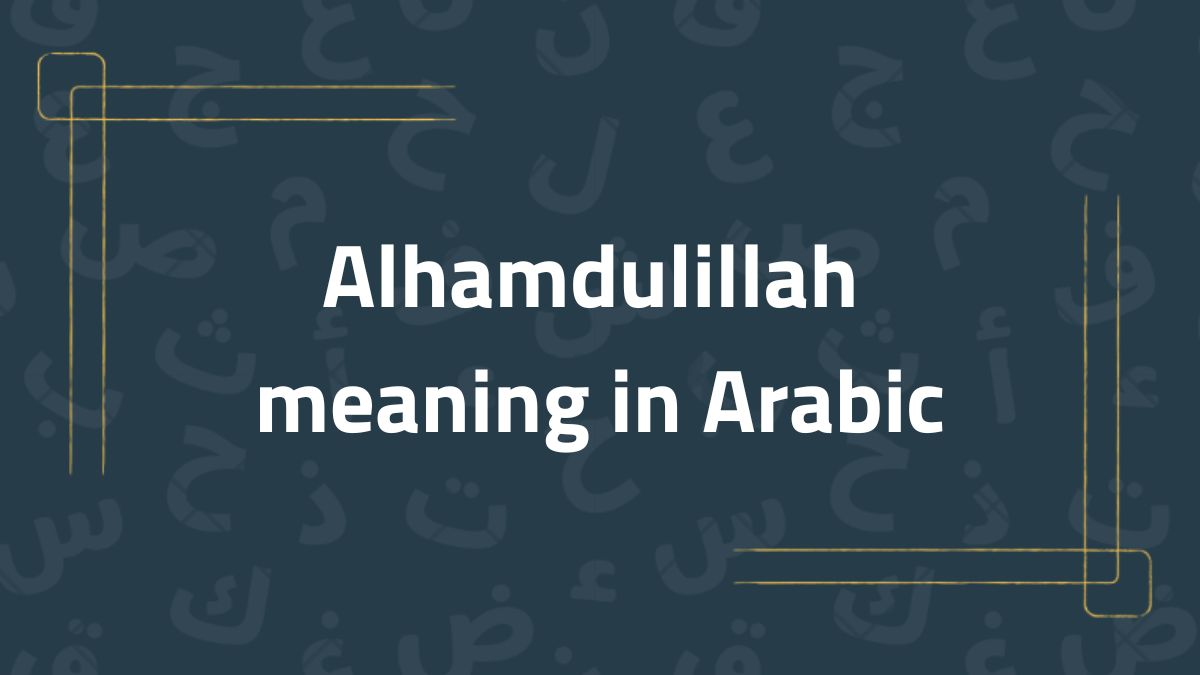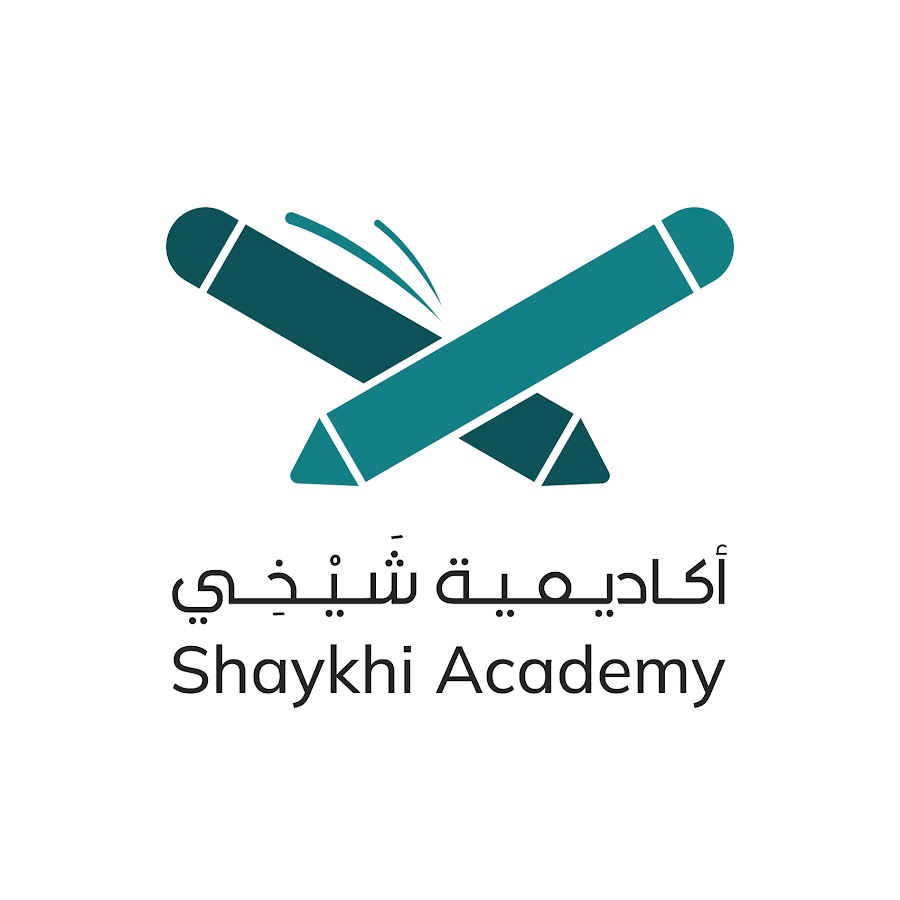The Word Alhamdulillah Meaning in Arabic With Examples

The Arabic word “Alhamdulillah” (الحمد لله) is a common phrase used by Muslims and Arabic speakers worldwide. It holds deep religious and cultural significance. This article explains the meaning of “Alhamdulillah” in Arabic, its linguistic roots, usage in sentences, and its importance in Islam.
The Meaning of “Alhamdulillah” in Arabic
“Alhamdulillah” translates to “All praise is due to Allah” in English. It is a combination of three parts:
-
“Al” (ال) – The definite article “the.”
-
“hamd” (حمد) – Praise or thanks.
-
“lillah” (لله) – To Allah.
The phrase is pronounced as “Al-ham-du-li-llah.” Muslims use it to express gratitude, relief, or acknowledgment of Allah’s blessings.
Linguistic Root and Grammatical Usage
The word “Alhamdulillah” comes from the Arabic root “ح م د” (H-M-D), which relates to praise and gratitude. It is a noun phrase and does not change based on grammatical rules. However, variations of the root word appear in different forms:
-
“Hamd” (حمد) – Praise.
-
“Ahmad” (أحمد) – One who praises (also a name of the Prophet Muhammad).
-
“Mahmood” (محمود) – Praised.
Examples of “Alhamdulillah” in Arabic Sentences
-
الحمد لله على السلامة
“Alhamdulillah ‘ala as-salamah.”
“Praise be to Allah for safety.” (Said when someone recovers from illness.) -
الحمد لله على كل حال
“Alhamdulillah ‘ala kulli haal.”
“Praise be to Allah in every situation.” -
الحمد لله، نجحت في الامتحان
“Alhamdulillah, najah-tu fil imtihan.”
“Praise be to Allah, I passed the exam.”
Cultural or Quranic Significance of “Alhamdulillah”
“Alhamdulillah” appears frequently in the Quran and Islamic teachings:
-
The first verse of Surah Al-Fatihah begins with “Alhamdulillahi rabbil ‘alamin” (Praise be to Allah, Lord of the worlds).
-
The Prophet Muhammad (peace be upon him) encouraged Muslims to say “Alhamdulillah” after meals, sneezing, and in daily life.
-
It serves as a reminder to be grateful in all circumstances.
Common Misunderstandings or Mistakes
-
Some confuse “Alhamdulillah” with “MashaAllah” (ما شاء الله), which means “What Allah has willed.”
-
Non-Arabic speakers may mispronounce it as “Hamdullah” or “Hamdulillah,” missing the correct “Al-” prefix.
Why You Should Learn “Alhamdulillah”
Learning “Alhamdulillah” helps in:
-
Daily conversations with Arabic speakers.
-
Understanding Islamic prayers and Quranic verses.
-
Expressing gratitude in a culturally appropriate way.
Conclusion
“Alhamdulillah” is a powerful Arabic phrase meaning “All praise is due to Allah.” It reflects gratitude, faith, and humility. Whether used in daily life or Quranic recitation, understanding this word deepens one’s connection to Arabic language and Islamic culture. By learning its meaning, pronunciation, and usage, you can appreciate its significance fully.
Discover the Quran and Arabic with Shaykhi Academy
We highly recommend Shaykhi Academy for anyone seeking to learn the Quran and Arabic with excellence. The academy is known for combining expert teaching with a compassionate approach, making it a top choice for students worldwide who want to connect deeply with the words of Allah.
At Shaykhi Academy, you’ll find highly qualified teachers who specialize in guiding learners of all ages and levels. Whether you’re just beginning your journey with Arabic letters or aiming to master Tajweed and Quran recitation, their personalized lessons ensure steady progress at your own pace.
With engaging classes, flexible scheduling, and a focus on both spiritual and linguistic growth, Shaykhi Academy makes learning both enjoyable and impactful.
Watch a sample class below to see Shaykhi Academy in action:
Learn Arabic, Quran, And Tajweed With Free Trial!
Make your home a place of faith, understanding, and connection with the Quran. Whether you're starting from scratch or deepening your knowledge, Shaykhi Academy is here to guide you — step by step. ✅ Tailored for all ages ✅ Clear, structured learning ✅ Flexible online sessions ✅ Book your free trial session now!
Learn More
